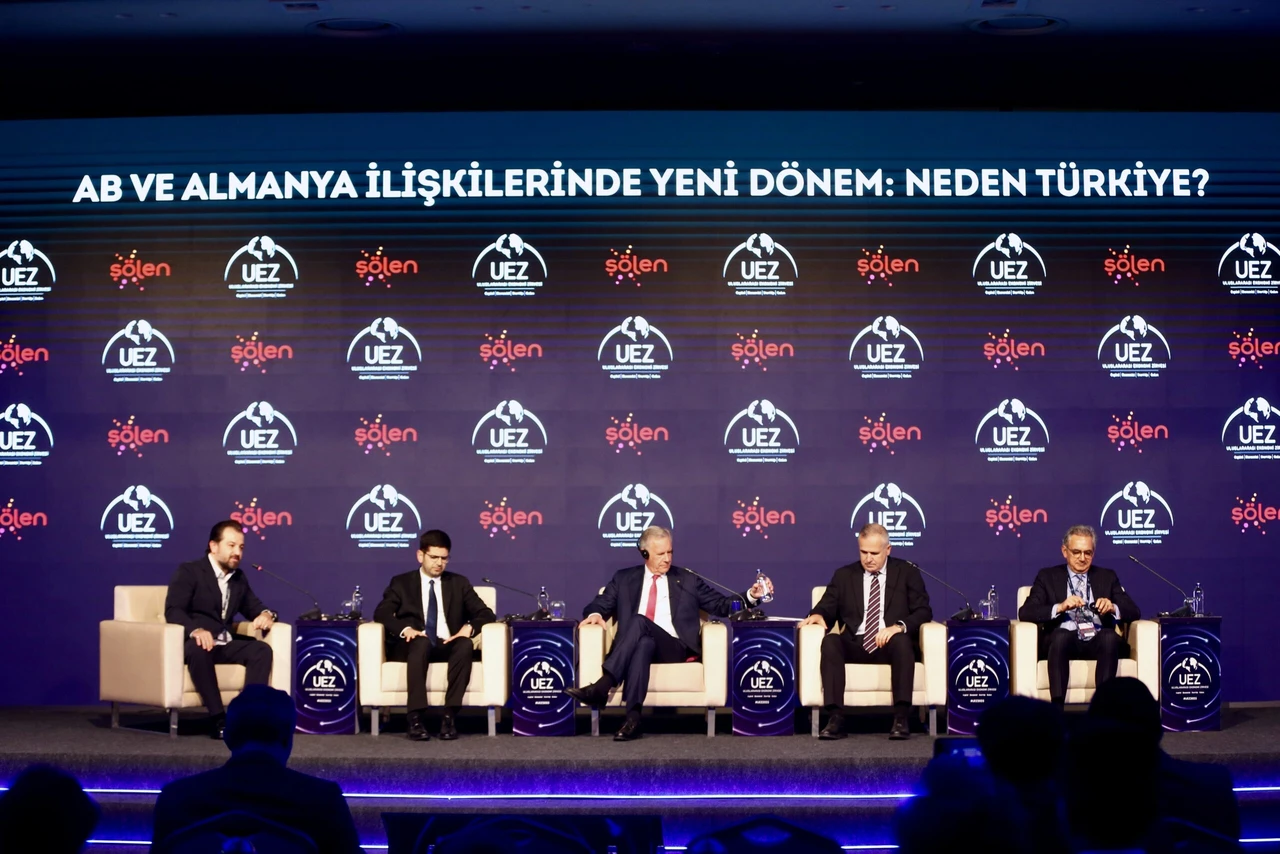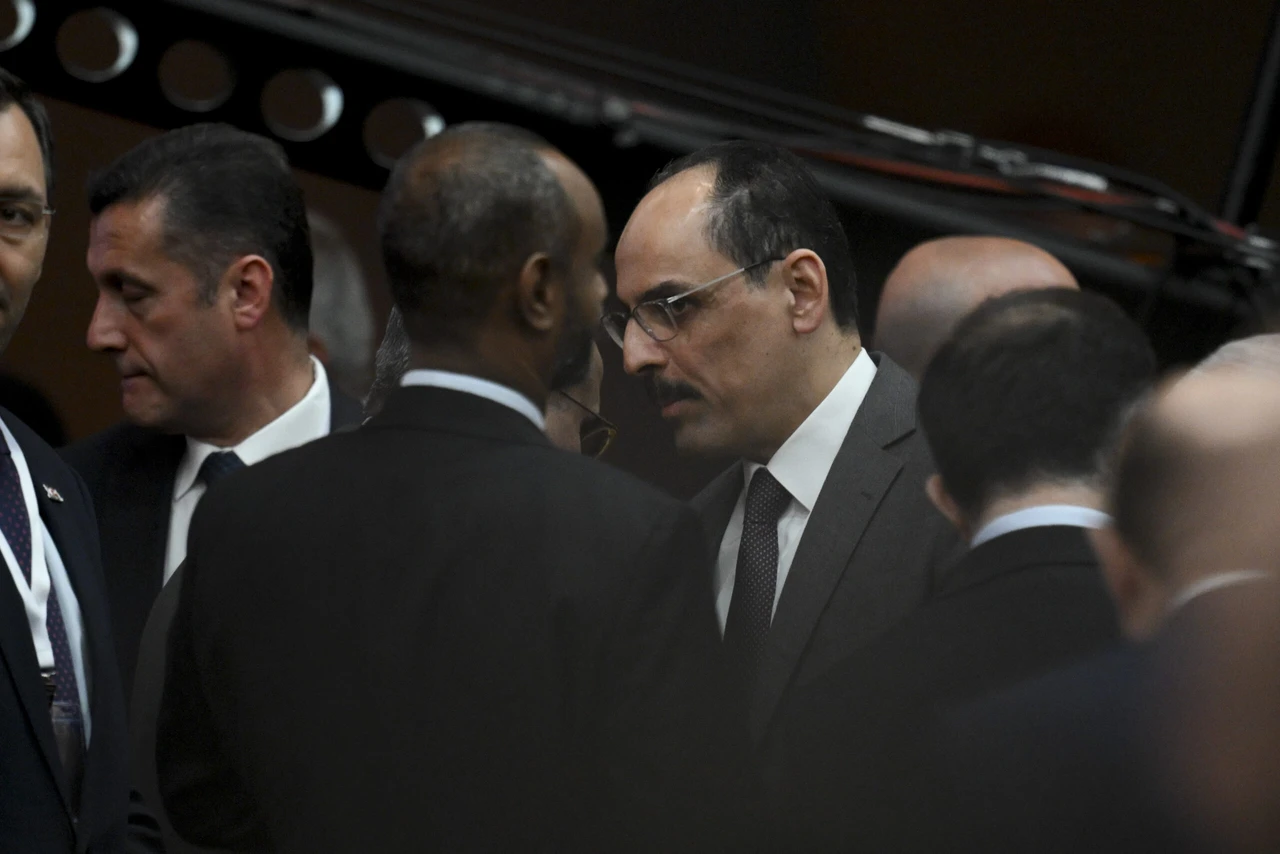Will Türkiye restart solution process on Kurdish issue?
 Operation against terrorist organization PKK/YPG, Istanbul, Oct. 10, 2020 (AA Photo)
Operation against terrorist organization PKK/YPG, Istanbul, Oct. 10, 2020 (AA Photo)
A potential new resolution process regarding the longstanding Kurdish issue in Türkiye has sparked significant debate following a controversial gesture from Devlet Bahceli, leader of the Nationalist Movement Party (MHP).
His recent handshake with members of the DEM Party raised concerns about the implications of this diplomatic overture.
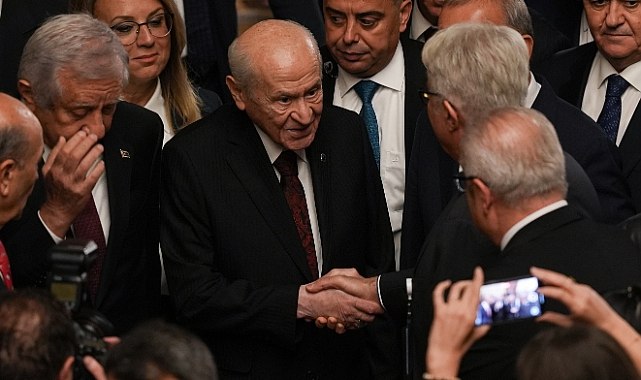
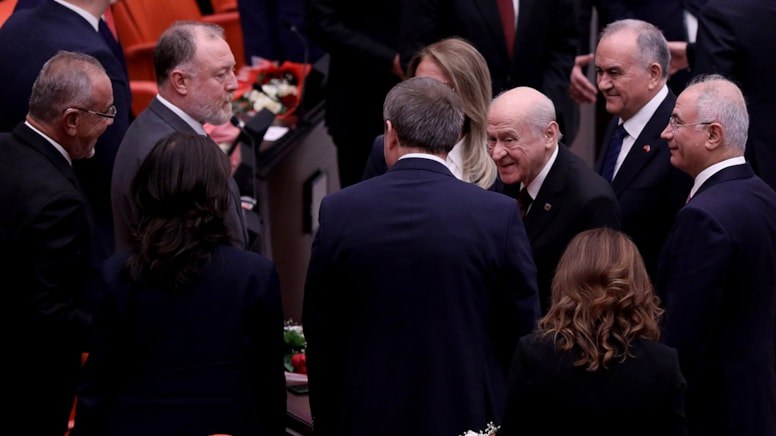
Shift in political dynamics
Bahceli’s gesture has raised eyebrows and prompted speculation about impending discussions between state officials and Ocalan, signaling a renewed approach to a conflict that has claimed tens of thousands of lives since it began in 1984.
However, this move is viewed with suspicion by nationalists, who fear it signals a dangerous shift toward appeasement and compromise.
The situation intensified when President Recep Tayyip Erdogan criticized the main opposition Republican People’s Party (CHP) instead of the DEM Party, amid commemorations of the violent Oct. 6-7 events linked to the DEM leadership’s calls.
Analysts interpret this as a sign that the ruling AK Party and MHP may be ready to initiate a new phase in the resolution process, but such a direction has raised alarms among nationalist factions.
The events of Oct. 6-7 involved protests in support of the PKK terrorist group in metropolitan areas, instigated by the Dem Party, formerly the HDP. Around 35 people were killed during the events. President Erdogan chose to criticize the CHP instead of the DEM Party.
The recent visit by Nechirvan Barzani, leader of the Iraqi Kurdish Regional Government, further complicates the situation. While some view it as a positive development, many nationalists warn that outside influences could exacerbate Türkiye’s internal challenges, potentially undermining national security.
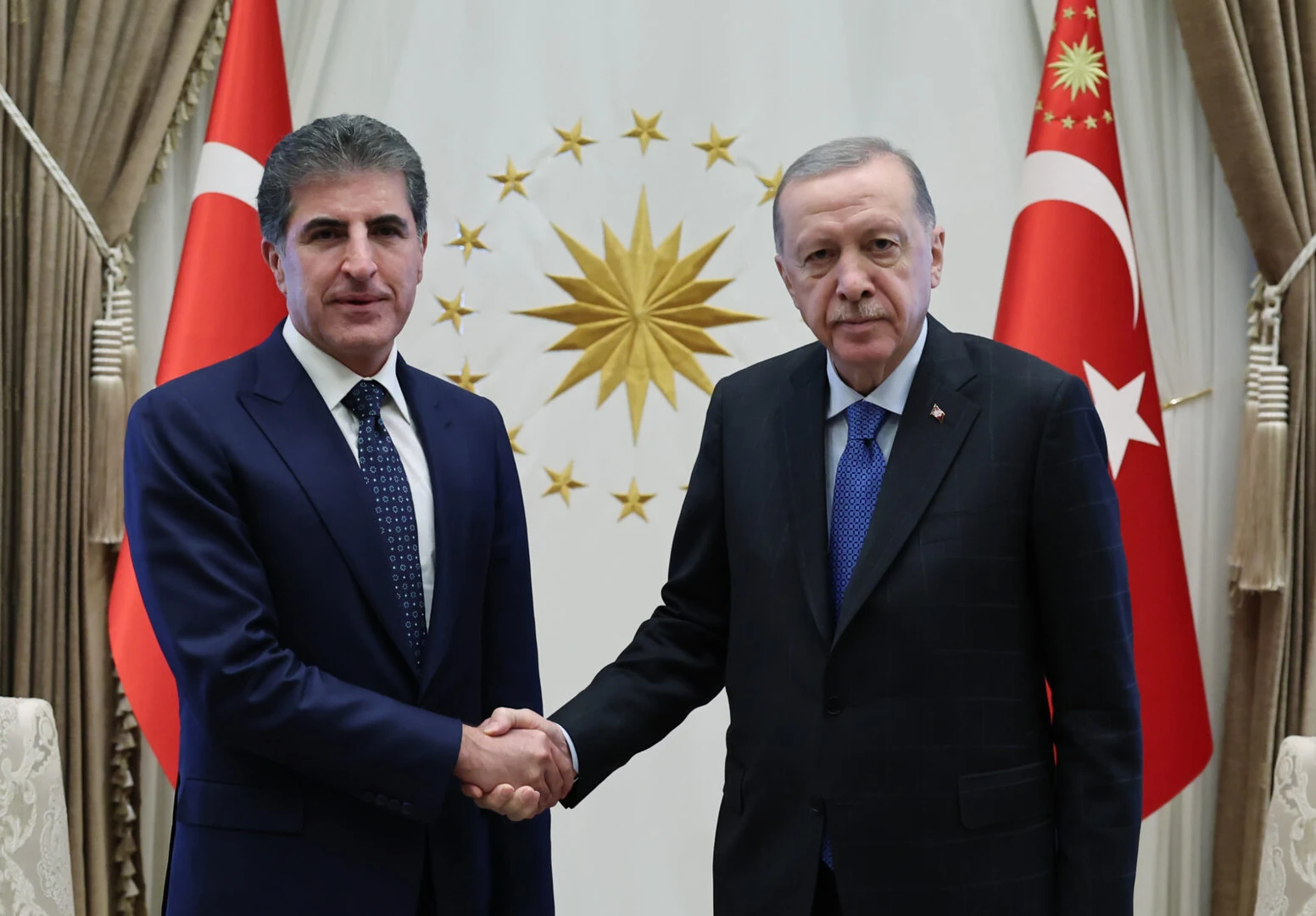
Key historical developments
The backdrop to these current events includes significant moments from past resolution efforts. Notably, the October 2009 Habur incident, where 34 PKK members crossed the border and surrendered, was met with public outrage and accusations that the government was capitulating to terrorism. This backlash serves as a stark reminder of the fragility of any potential peace initiative. This is because PKK members had expressed their lack of remorse for joining the terrorist organization in the tent courts illegally set up in Habur and were nevertheless released under the effective remorse law. This incident also drew the reaction of nationalist groups.
In March 2013, Ocalan’s letter was read publicly during Newroz celebrations, creating hope for a resolution. Yet, subsequent violence and escalating PKK attacks have underscored the precarious nature of the process and deepened public skepticism.
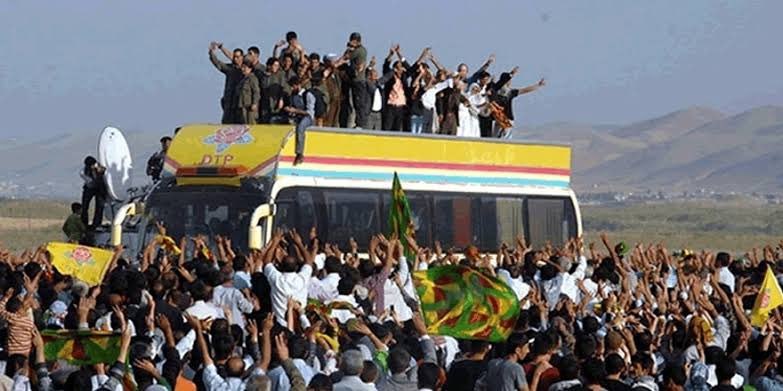
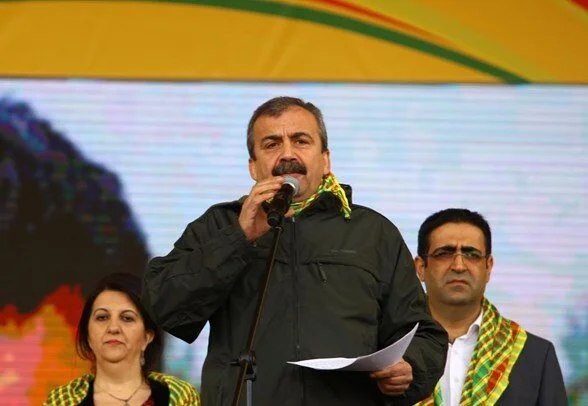
Lessons from past
The historical context is crucial. The PKK’s campaign has resulted in an estimated 40,000 to 100,000 deaths and significant economic losses, fostering a climate of fear and resentment. The solution process initiated by the AK Party from 2009 until 2015 ultimately failed, leading to a resurgence of violence and deepening divisions within society.
The Oct. 6-7 protests in 2014, fueled by regional tensions, marked a critical turning point, resulting in widespread unrest and a breakdown in trust. The current trajectory appears poised to repeat past mistakes unless nationalist concerns are addressed.
The main reason for this failure is that at a time when the state was focusing on expanding Kurdish rights and freedoms instead of fighting terrorism in the freedom-security dichotomy, the terrorist organization PKK sabotaged the process by massing in the cities.
As Türkiye grapples with the implications of its past, the question looms: can a genuine and lasting resolution to the Kurdish issue be achieved this time without sacrificing national integrity? Nationalists urge caution, warning that any sign of weakness could reignite a cycle of violence and betrayal, emphasizing the need for a steadfast commitment to national unity.
The MHP, on the other hand, is about to become the main actor in the solution process it opposed before 2015. The MHP may face the risk of losing its base in this process. This is because the AK Party, which was allied with the Kurdish political movement in the past, has been in cooperation with the MHP since the July 15, 2016 coup attempt organized by the Fetullah Gulen Terrorist Organization (FETO). Now the MHP is calling for a new solution process, in contrast to the nationalist nature of its post-2016 cooperation.


